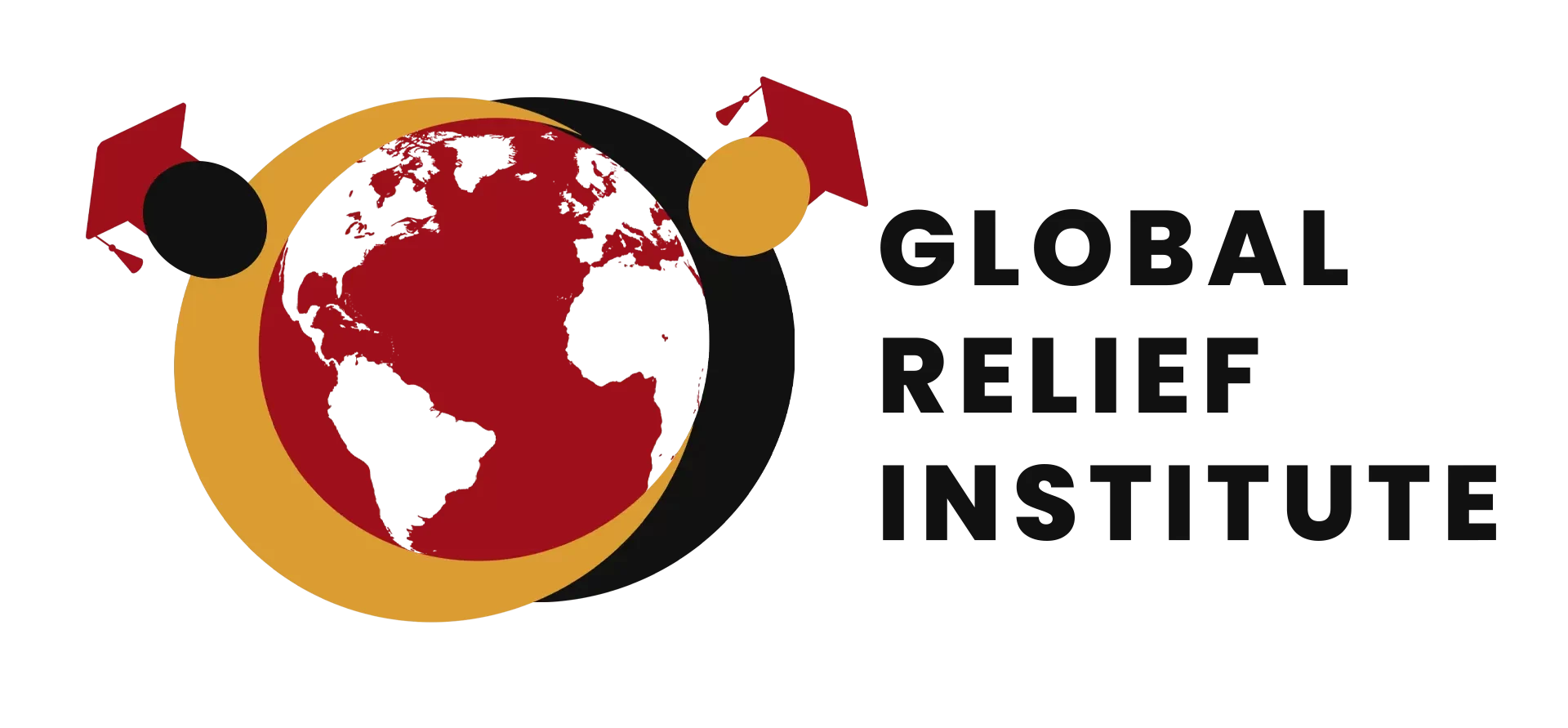Course Overview:
The global community faces problems of poverty and profound environmental changes that are interconnected in complex and dynamic ways. As the Sustainable Development Goals acknowledge, in an increasingly integrated world, any development agenda must be a global one with shared responsibilities for all countries. The rationale for this innovative programme of study lies in the global environmental and development challenges that have been articulated in the Sustainable Development Goals. It is clear that solutions to the challenge of sustainable development require holistic, integrated and co-ordinated actions across a very wide range of sectors, and will increasingly require a multidisciplinary approach. This programme aims to provide students with a broad grounding in the main concepts associated with sustainable development, but also provides the opportunity to specialize in one area in greater depth. The main aim of this taught, multi-disciplinary programme is to provide participants with an understanding and practical experience of the wide ranging contextual, conceptual and thematic issues involved in the planning, management and practice of sustainable development throughout the world. As the various global social and environmental crises deepen, a new generation is rising up into leadership positions in the public, private and non-profit sectors that are required to possess a broad trans-disciplinary understanding of the various dimensions of these crises and related solutions.
Course Objectives
• To provide students with the skills necessary to analyze and interpret current issues and debates related to sustainable development.
• Enhancing knowledge and understanding for decision- and policy-making on sustainable development issues.
• Enhancing students’ critical, analytical, and integrative skills for responding to sustainable development challenges.
• Provide research training and experience in relation to sustainable development.
Course Outline:
1. Understanding Sustainable Development.
2. Climate Change and Development.
3. Environmental Science and Management.
4. Ethics for Environment and Development.
5. Managing Knowledge and Communication for Development.
6. Natural Resource Management.
7. Rural Development and Change-Understanding poverty.
8. Food Security and Social Protection.
9. Research work.
.Minimum entry requirements
Common regulations governing Post-Graduate Diplomas shall be applicable.
The following shall be eligible for admission.
a) Holders of a Bachelor’s degree from a recognizable University
b) Holders of an equivalent qualification from any other recognizable Institution
Training Format:
All materials are made available through our Online Learning Platform
Materials Provided:
Online delivery of curriculum materials, exercises and templates.
Assignments:
In order to demonstrate their understanding of the course content, students will be required to submit assignments at the end of each month
DURATION AND COURSE: 1 year
REGIONS TARGETED: Global
COURSE FEE: EUROS 1500
ORGANIZERS: Global Relief Institute
LANGUAGE: English only
Kindly confirm your participation with:
Online Training Coordinator
Global Relief Institute
info@globalreliefinstitute.org
